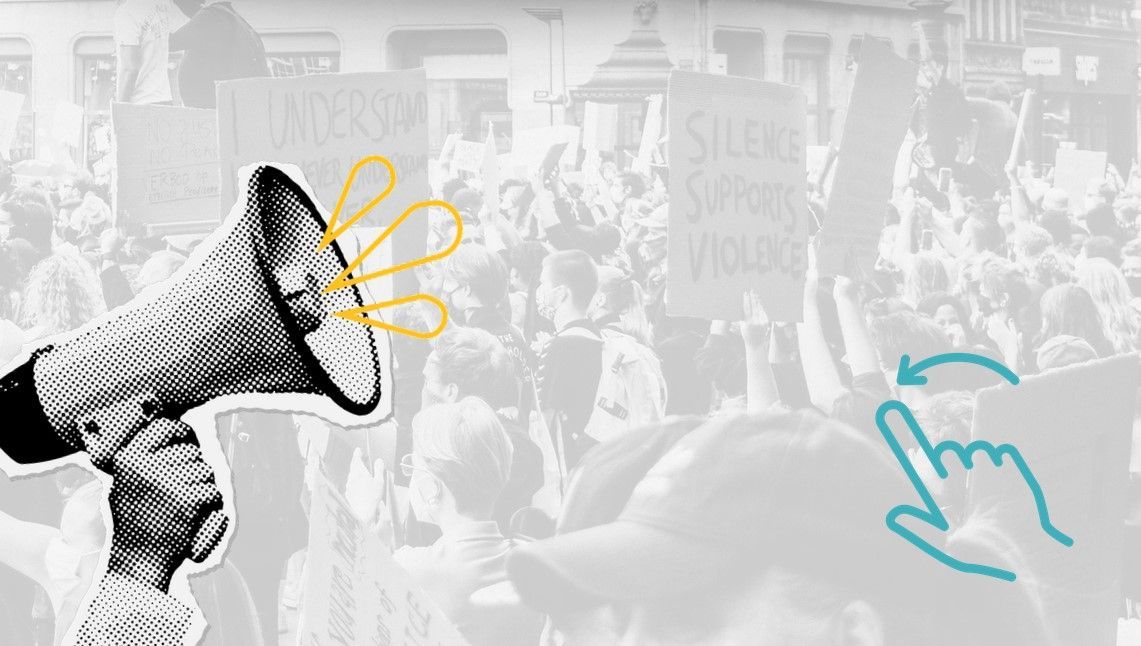CCB team took part in HELCOM Stakeholder Conference on Marine Litter

HELCOM invited a wide array of stakeholders to announce – or reiterate – their commitment for combating marine litter in the Baltic Sea under recently adopted Regional Action Plan
on Marine Litter at a Stakeholder Conference, held on 9 March 2016 back-to-back with HELCOM 37-2016.
Key focus of the Conference was to strengthen and broaden the ownership in pushing into action the 30 agreed regional tasks of the Plan.
- Marijana Toben, Friends of the Earth / BUND für Umwelt und Naturschutz
- Justyna Rudnicka Polish Ecological Club / PKE, Eastern Pomerania
- Elita Kalniņa Environmental Protection Club of Latvia, VAK
- Darja Mytareva Friends of the Baltic, St. Petersburg, Russia
- Edmundas Greimas Lithuanian Fund for Nature, LGF
- Dmitry Filippenko Green Planet, Kaliningrad, Russia
- Tatsiana Kuzniatsova Center for Environmental Solutions, Minsk, Belarus
- Ellen Bruno Swedish Society for Nature Conservation, SSNC
- Tina Sommarstorm Finnish Society for Nature & Environment / Natur och Miljö
- Tapani Veistola Finnish Association for Nature Conservation, and
- Mikhail Durkin CCB Secretariat, Sweden
The team presented work done by CCB on marine litter topic within recent years , including activities of each organisation, and an overview of mobile applications (apps) helping to fight marine litter problem. In addition, CCB Executive Secretary Mikhail Durkin together with the Director of Waste Dept. from the Ministry of Environment of Estonia Peeter Eek provided presentation on land-based actions to prevent and reduce inputs of marine litte r.
The Conference was also preceded by a CCB Workshop on marine litter that has concluded on the results of 2015 “Plastic Free Baltic” campaign and discussed the plans for 2016-2017. The workshop also formally launched CCB brochures on microplastic pollution, being produced in all Baltic Sea Region languages (except Danish and Ukrainian), see links for download in the dedicated campaign webpage.


